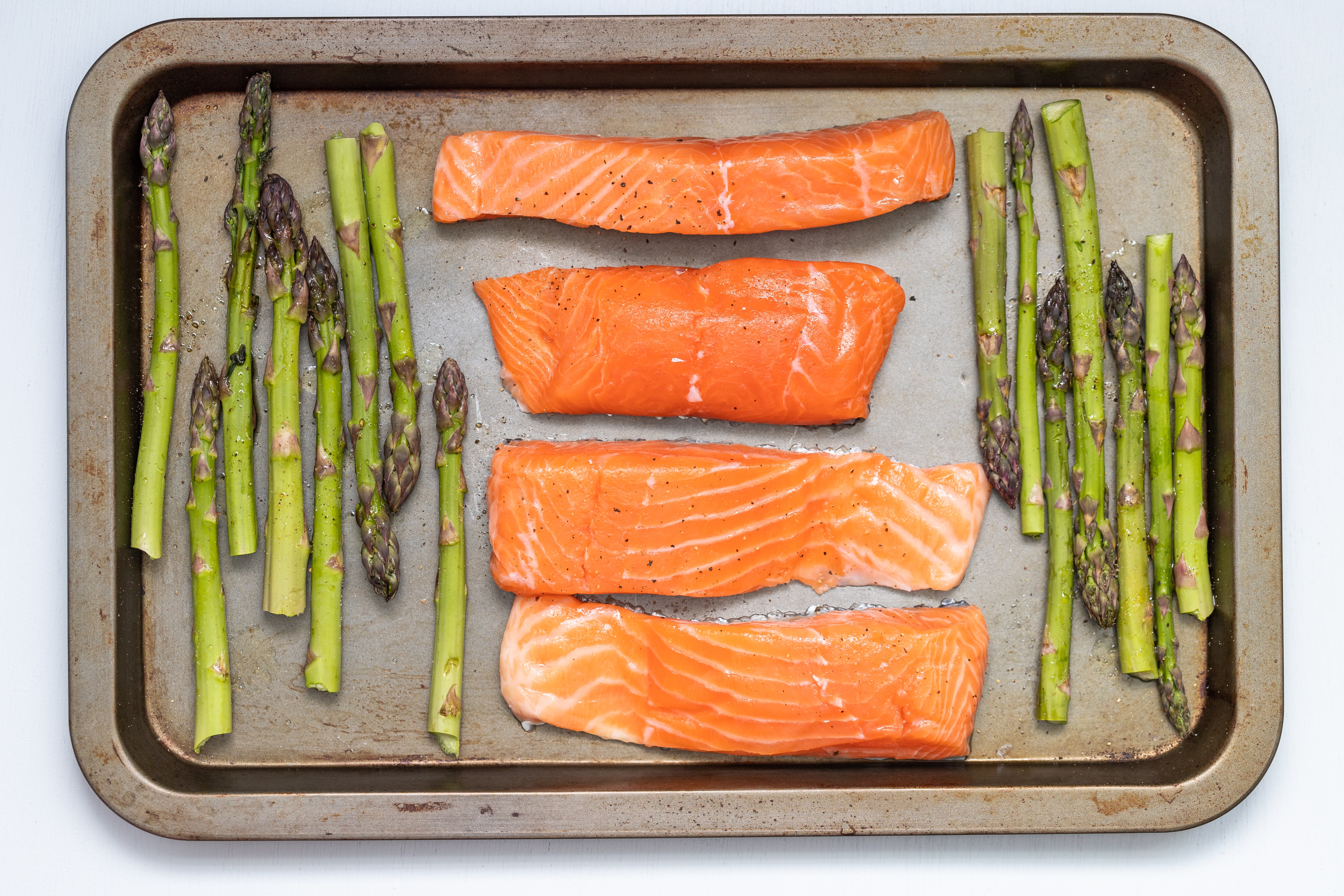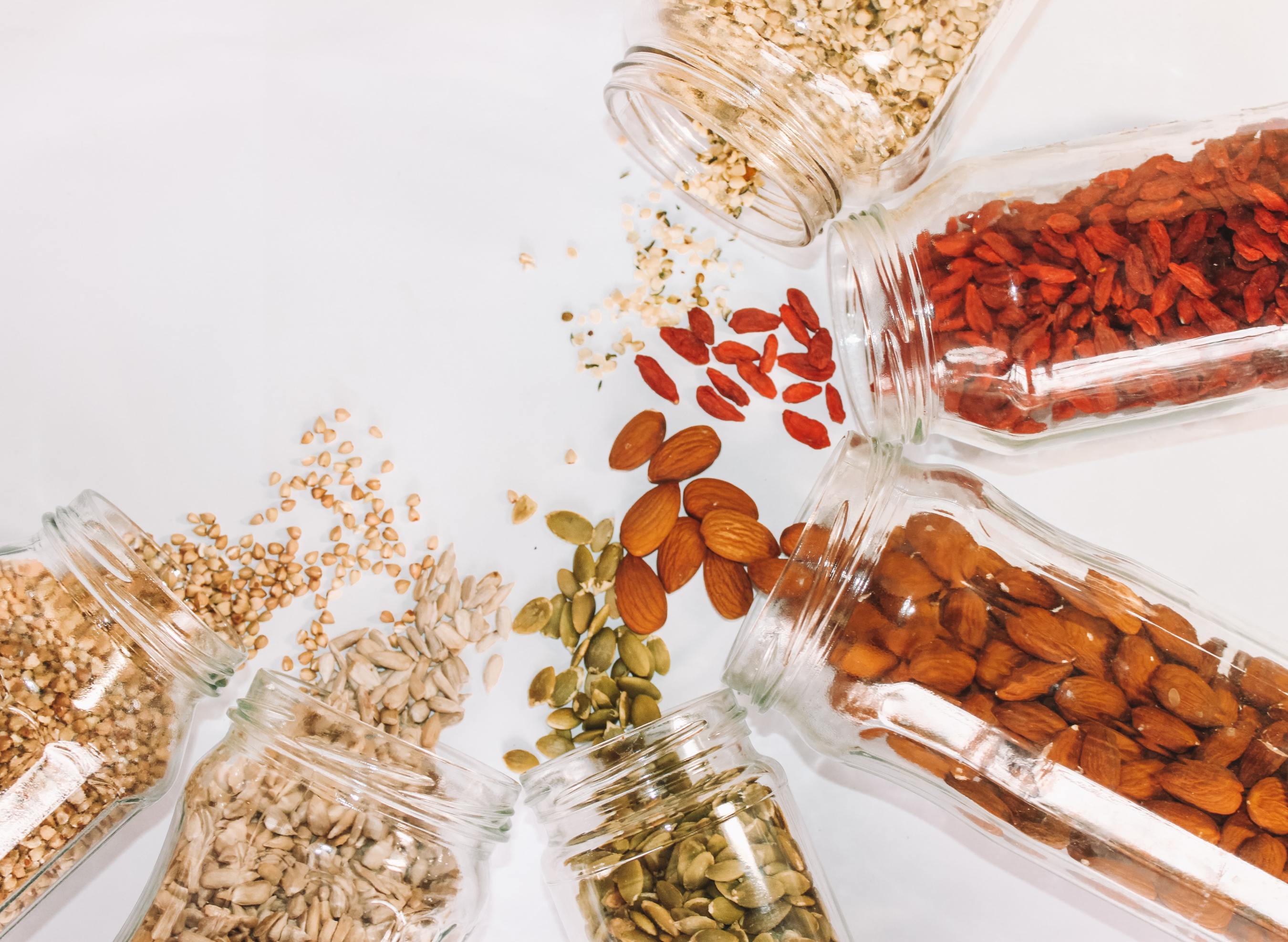Imani* had been a strict dieter since college. Georgie* is a yoga teacher and considers themselves a healthy eater. Anne* prides themselves on their macrobiotic diet and low body fat. All of these patients have something in common: all of them came to the Yinova Center because they were having trouble getting pregnant. Each of these people considered themselves to be a healthy eater and each of them was not getting enough fat to make the hormones necessary to conceive.
As obesity has swept the nation, Americans have got the message that fat is bad but the truth is that whilst saturated fats may harm your heart and trans fats should be eliminated from your diet altogether, healthy fats are vital for your overall wellness as well as your fertility and you do need some dietary fat to make hormones, fight inflammation and facilitate ovulation. I regularly see patients who aren’t eating enough fat and are confused about which fats are bad for them and which fats could be helping them.
Saturated Fats
First, let’s talk about the bad guys. Saturated fats in large quantities are not a good idea. These fats, which are found in animal products, can contribute to insulin resistance, endometriosis, and PCOS. However, you don’t need to eliminate them altogether. The kind of animal products that contain saturated fats also contain cholesterol and although cholesterol gets a bad rep, you do need some to make reproductive hormones. So, by all means, have sensible quantities of fats from animal origin such as full-fat yogurt, eggs, or some grass-fed beef.
Trans Fats
You can eliminate trans fats altogether. They offer no health benefits and can cause ovulatory dysfunction and poor hormone balance. A large, long-term study by researchers at Harvard Medical School found that women** who regularly consumed trans fats were 70% less likely to conceive than women** who did not. The good news is that if you are eating only fresh, whole natural foods, you don’t need to worry about trans fats because they are only found in processed foods. So avoid commercially made baked goods, frozen meals and the biggest transgressor of all, stick margarine. Avoid foods which say they contain “partially hydrogenated vegetable oil” as this means that they contain trans fats.
Polyunsaturated fats
Having pruned some of the less healthy fats from your diet you now have room for some beneficial fat. Polyunsaturated fats are considered to be “good fats.” They help reduce blood cholesterol and some of them such as omega 3 fatty acids have a host of benefits such as reducing inflammation and lowering blood pressure. They have also been shown to improve mood and at the Yinova Center, we prescribe omega 3 supplements to people who are depressed or anxious.
This category of fats is where the essential fatty acids that you read so much about fit in. They are called essential because we can’t make them ourselves and have to consume them. EFAs are long-chain polyunsaturated fatty acids derived from linolenic, linoleic, and oleic acids. There are two types of EFAs: Omega-3 and Omega-6. (Omega-9 is necessary but it isn’t classified as an essential fatty acid because our bodies can manufacture it if we have enough of the other two essential fatty acids.)
Essential fatty acids are a vital component of every human cell and the body needs them to balance hormones, insulate nerve cells, keep the skin and arteries supple, and keep itself warm. They are important to people who are trying to conceive for their ability to balance hormones and resource follicles. They are equally important once you are pregnant to nourish a developing embryo. In fact a British study found that many pregnant women** had been discouraged from eating fish because of fears about mercury contamination but that children of women** with low omega 3 intakes in pregnancy were more likely to have a low IQ and suffer from social problems in childhood.
Polyunsaturated fats are found in vegetable oils, nuts, and seeds.
Omega 3 fatty acids are found in fatty fish such as salmon, herring, sardines, and mackerel and also in walnuts and flax seeds. Eggs also contain omega 3 especially eggs that are from chickens that have been fed greens rather than corn. Grass-fed, as opposed to, grain-fed beef also contains omega 3 fatty acids as do dairy products from grass-fed cows. They have a broad range of fertility benefits including increased blood flow to the uterus which can help with implantation and thus a health pregnancy.

Omega 6 fatty acids are found in flaxseed oil, flaxseeds, hempseed oil, hempseeds, grapeseed oil, pumpkin seeds, pine nuts, pistachio nuts, sunflower seeds (raw), olive oil, olives, evening primrose oil, black currant seed oil, and chicken. However, most Americans get plenty of Omega 6 because it is found in commonly used processed oils. In fact, many of us could be said to be getting too much of a good thing especially when you consider that more important than the exact level of omega 3’s and omega 6’s is the ratio between them. Getting an even amount of each is the best way of supporting hormone balance, which for most of us means focusing on increasing omega 3’s without increasing omega 6.
Omega 9 is found in olive oil (extra virgin or virgin), olives, avocados, almonds, peanuts, sesame oil, pecans, pistachio nuts, cashews, hazelnuts and macadamia nuts.
Heating essential fatty acids destroys their nutritional benefits so try to use raw nuts rather than roasted and don’t cook with flaxseed oil but use it as a salad dressing or sprinkle ground flaxseeds on your morning cereal. Whole flaxseeds are hard to digest and tend to pass through your digestive system whole, which means that you don’t get much benefit from them.
At the Yinova Center we suggest that people trying to conceive take an essential fatty acid supplement and we have one available you. If you buy your EFA supplement from a health food store check that it has been tested for mercury and other contaminants.
Monounsaturated fats
Monounsaturated fats are vital for good hormone balance. You can find them in olives, olive oil, avocados and canola oil. They are a healthy choice and should be eaten in moderation.
So if you’ve been limiting fat in your diet for health reasons you may want to reassess and add back some healthy fats. Often this is all it takes for someone struggling with infertility to finally conceive.
So here are our Yinova recommendations regarding fats for patients who are trying to have a baby:
- Two-thirds of the fat you eat should be either polyunsaturated or monounsaturated.
- Special attention should be paid to essential fatty acids and you should consider taking a supplement that contains omega 3 from a reputable company.
- We should all lay off the trans fats…completely.
- Anyone trying to get pregnant should limit but not cut out their saturated fat.
* Patient names changed to protect their identity.
** Language used in the studies referenced.






